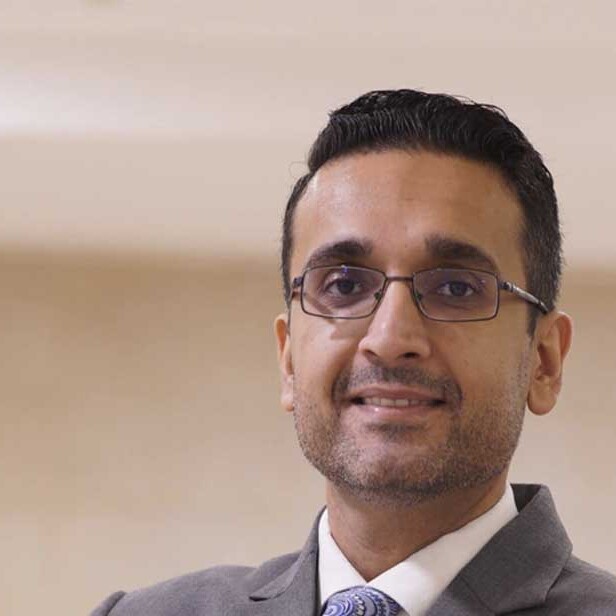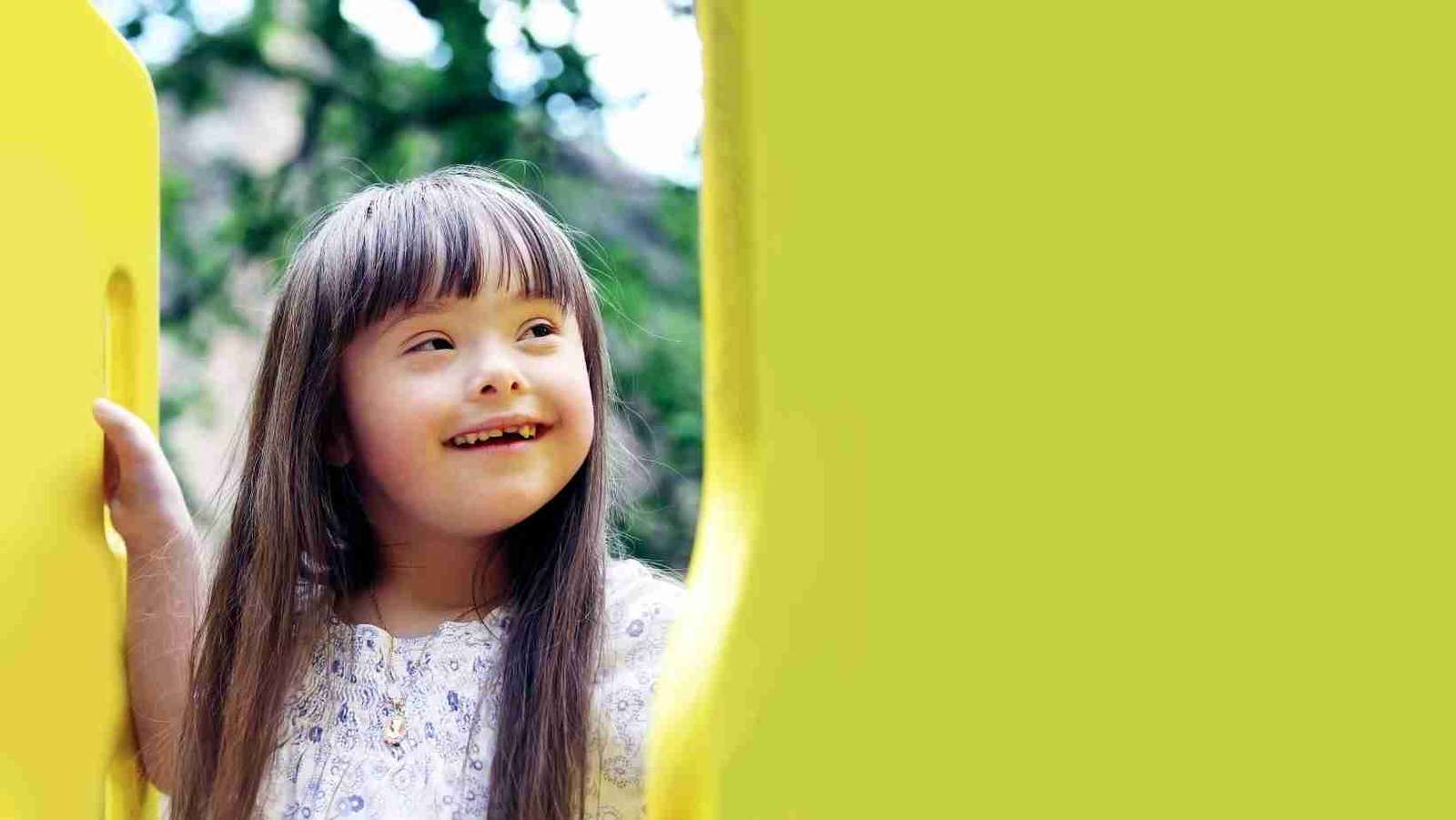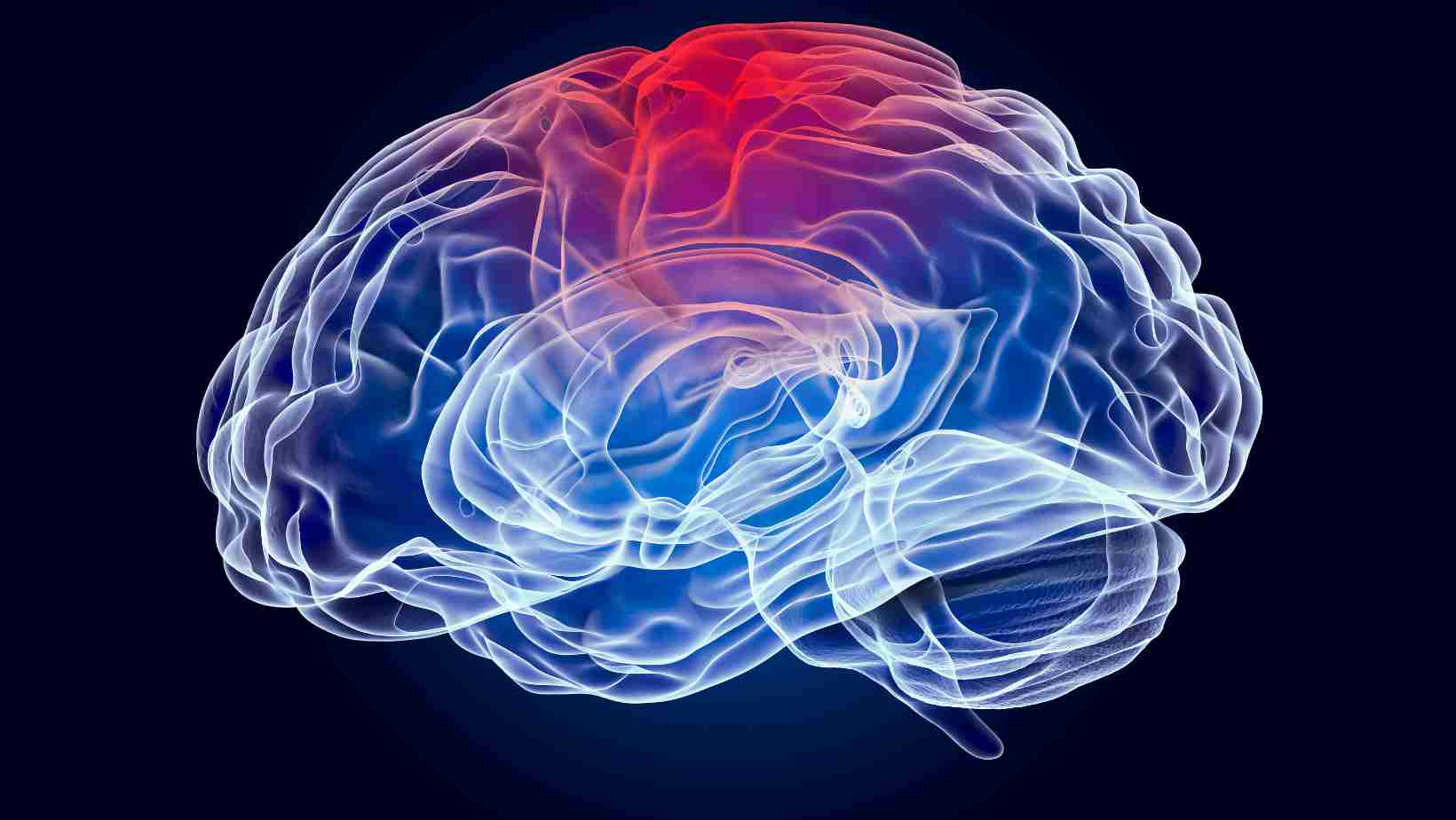
Dr Chandril Chugh
Ex HOD MAX SAKET DELHI, American Trained Neurologist
MBBS ( Delhi), MD, DM(ABPN), Neurosonology, FAHA, FACP, FINR, FNCC (USA)
American Trained Pediatric Neurologist
Pediatric Neurology Specialties

Epilepsy
Epilepsy is a neurological disorder characterized by recurrent seizures. It can affect children of all ages and is often managed by pediatric neurologists.

Attention-Deficit/Hyperactivity Disorder (ADHD)
ADHD is a neurodevelopmental disorder characterized by persistent patterns of inattention, hyperactivity, and impulsivity that can significantly impact a child’s daily functioning.

Tourette Syndrome
Tourette syndrome is a neurological disorder characterized by involuntary movements and vocalizations called tics. These tics can vary in severity and may change over time.
Specialized Care for Pediatric Neurological Conditions
As a pediatric neurologist, Dr. Chandril Chugh, is dedicated to providing specialized care for pediatric neurological conditions. Dr Chandril Chugh understands the challenges children and their families face when dealing with neurological disorders. He is committed to offering comprehensive and compassionate care throughout their journey. His expertise in the field allows him to diagnose and treat a wide range of conditions, including epilepsy, developmental delays, neuromuscular disorders, and more. Dr. Chugh is an American board certified Neurologist with training in pediatric neurology as well. He completed his neurology training from Loyola University in Chicago, USA.

EXCELLENTTrustindex verifies that the original source of the review is Google. Mai Subhash Kumar Mera Daya pair me kafi dino jhunjhuni or dard tha mai bahut jagah dikhaya lekin fayada nahi hua last me mai Dr chandrika Chugh se dikhaya ab mai bilkul thik ye bahut hi acche Dr haiPosted onTrustindex verifies that the original source of the review is Google. Mera naam Krishna Kumar hai main kuch dino Backpain se bahut pareshan tha Bahut sa medicine khane ke baad bhi thik ni huwa Fir humko Dr.chandril chugh sir ke baare me pata chala Unse milkar or unke salah se medicine 💊 khane ke baad ab main bilkul thik huPosted onTrustindex verifies that the original source of the review is Google. For 25 years, my mother has experienced back and cervical pain. Despite our best efforts and numerous medical professionals, it didn't seem to be cured. Ultimately, my mother's recovery from this was greatly aided by Mr. Chandril Chugh. My mother has found relief from her back pain in 2 months. His kind and understanding behavior gives you cause to trust him. Additionally, his staff members also behave professionally. I would recommend you to get in touch with him if you have any form of neurological disorders.Posted onTrustindex verifies that the original source of the review is Google. I am fall down suddenly every after 1year . I show with Dr chandril sir. Now I am ok. I am suffering from 10year . Now I focused on my studiesPosted onTrustindex verifies that the original source of the review is Google. Dr. Chandril Chugh is a very good doctor. He is very polite and humble. I came here for my mother, she has been facing issues with pain in her left hand and knees. After the treatment has started she is much relieved. Thank you.Posted onTrustindex verifies that the original source of the review is Google. mera naam geeta devi hai main nackpain se bahut paresan thi bahut se dr.se dgikhane ke baad bhu thuk ni huwa fir kisi se dr.chabdril chugh ke baare me pata chala unse milne ke baad or unke anusar dawa khane ke baad ab main bilkul thik huPosted onTrustindex verifies that the original source of the review is Google. I had been suffering from headache and backache for years.now i am feeling quite better after getting consultation.Posted onTrustindex verifies that the original source of the review is Google. Mera naam dinesh Prasad Hai Mai bahut dino se trenor se paresan Tha Bahut se dr.se dhikhane ke baad bhi think ni hua Fir mujhe dr Chandril chugh ke bare me Pata chala Unse mil ke dhikhane ke baad ab maim puri Tarah se thik huPosted onTrustindex verifies that the original source of the review is Google. Mai md Noor bhagalpur pur se hu mujhe bahut jayada gussa aata tha or Mera dimag vi sant nahi rahta tha mujhe nind vi thik se nahi aata tha bahut sare dr se dikha kar mai presan ho gaya tha uske baad mai Dr chandril se dikhaya to Mera sara bimara 30 days me hi khatam ho gaya or mai ab bikul thik hu or sab kaam vi kar rha hu bahut acche Dr hai unka staff sab v bahut achha haiPosted onTrustindex verifies that the original source of the review is Google. Mera naam bablu Kumar hai mujhe nerve problem tha bahut se dr se dhikha ne baad bhi thik ni huwa Fri humko Dr.chandril chugh ke baare me pata chal unse dhikahane ke baad ab main bilkul thik hu
Faq's
Fever: High body temperature, commonly associated with infections, can trigger seizures in some children.
Lack of sleep: Sleep deprivation or irregular sleep patterns can increase the risk of seizures.
Stress: Emotional or physical stress can be a trigger for seizures in susceptible individuals.
Flashes of light: Some children with photosensitive epilepsy may experience seizures in response to flickering lights or rapid visual stimuli.
Certain medications: Some medications, such as certain antibiotics or antihistamines, may lower the seizure threshold in susceptible children.
Missed or incorrect medication doses: In children with epilepsy, not taking medication as prescribed or dosing errors can increase the risk of seizures.
Skipping meals: Low blood sugar levels resulting from skipping meals can be a trigger for seizures in some children.
Alcohol or drug use: Substance abuse, including alcohol or illicit drugs, can increase the likelihood of seizures in children.
Ages 2-7 are crucial for brain development because this period is characterized by rapid growth and critical neural connections. During these years, the brain undergoes significant changes and forms the foundation for future cognitive, social, and emotional development. It is a time when essential skills such as language, memory, problem-solving, and emotional regulation are established. The brain’s plasticity and ability to adapt to experiences are particularly high during this period, making it an optimal time for learning and shaping lifelong neural pathways.
Stress can have significant effects on a child’s brain development. When a child experiences chronic or severe stress, it can disrupt normal brain functions and have long-lasting impacts. Here are some ways stress affects a child’s brain
Amygdala activation: The amygdala, a part of the brain involved in processing emotions, becomes highly active during stress. This can lead to an increased sensitivity to perceived threats, resulting in a heightened stress response.
Cortisol release: Stress triggers the release of cortisol, a stress hormone. Elevated cortisol levels over an extended period can negatively affect brain structures, impairing memory, and impacting emotional regulation.
Hippocampus damage: Prolonged exposure to stress can damage the hippocampus, a brain region critical for memory and learning. This can lead to difficulties in memory formation and retrieval.
Impaired prefrontal cortex function: The prefrontal cortex, responsible for executive functions such as decision-making, impulse control, and problem-solving, can be negatively impacted by chronic stress. This can result in difficulties with self-regulation and behavioral control.
Altered neural connectivity: Chronic stress can disrupt the formation of neural connections, affecting the brain’s overall architecture. This can impact various cognitive functions, including attention, reasoning, and language.
Emotional and behavioral consequences: Children experiencing chronic stress may be more prone to anxiety, depression, aggression, and difficulties in social interactions. These emotional and behavioral consequences can further affect their overall well-being and academic performance.
Pediatricians and child neurologists are both medical professionals who specialize in the care of children, but they have distinct areas of expertise. Here are the primary differences between being a pediatrician and a child neurologist:
General child healthcare: Pediatricians provide comprehensive medical care to children from birth through adolescence. They focus on overall child health, growth, development, and preventive care.
Wide range of conditions: Pediatricians diagnose and treat various common childhood illnesses, infections, injuries, and chronic conditions such as asthma, allergies, and diabetes.
Developmental and behavioral assessments: Pediatricians assess and monitor a child’s developmental milestones, behavior, and mental health.
Primary care providers: Pediatricians often serve as the primary point of contact for families, managing routine check-ups, vaccinations, and providing general medical advice.
Specialized focus: Child neurologists specialize in the diagnosis and treatment of neurological conditions and disorders affecting the nervous system in children. They have in-depth knowledge of pediatric neurology and its specific challenges.
Neurological disorders: Child neurologists diagnose and treat conditions such as epilepsy, neurodevelopmental disorders (like autism and ADHD), cerebral palsy, genetic disorders affecting the nervous system, migraines, neuromuscular disorders, and brain tumors in children.
Electroencephalography (EEG) and neuroimaging: Child neurologists are skilled in interpreting EEGs and neuroimaging (such as MRI or CT scans) to aid in the diagnosis and monitoring of neurological conditions.
Collaboration with other specialists: Child neurologists often work closely with other medical specialists, including pediatricians, neurosurgeons, physical therapists, occupational therapists, and speech-language pathologists, to provide comprehensive care for their patients.
Why Dr Chandril Chugh?
World-class expertise with experience in both adult and pediatric neurology.
Treating the root cause — not just symptoms — through the powerful gut-brain connection.
Every patient is heard, understood, and treated with empathy and precision.
Accessible expert care, wherever you are — flexible, secure, and convenient.
World-class expertise with experience in both adult and pediatric neurology.
Treating the root cause — not just symptoms — through the powerful gut-brain connection.
Every patient is heard, understood, and treated with empathy and precision.
Accessible expert care, wherever you are — flexible, secure, and convenient.







